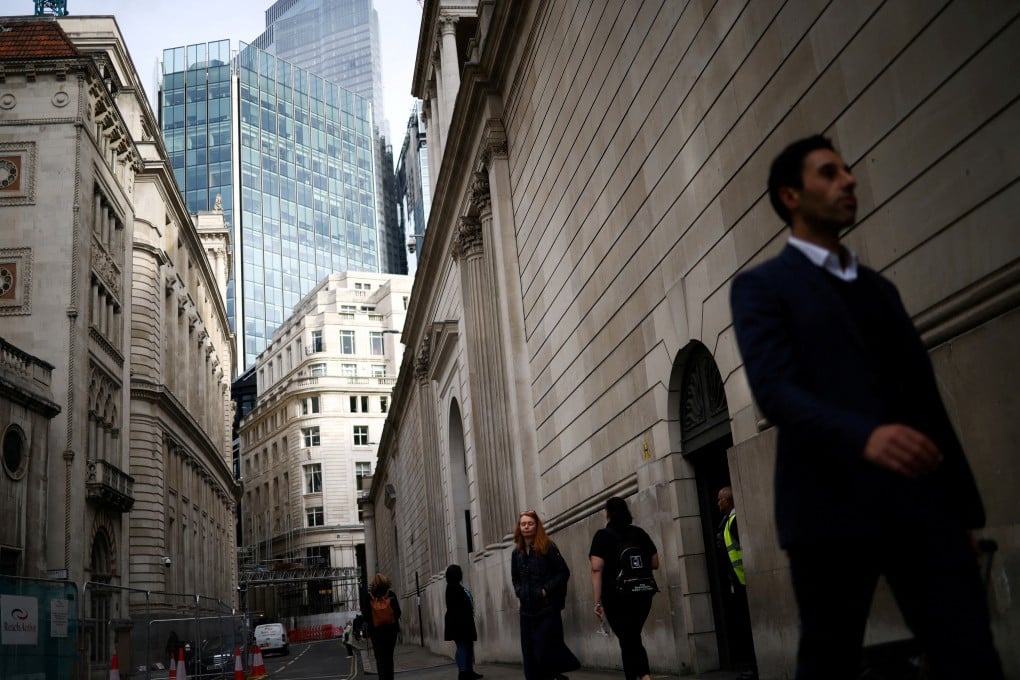Macroscope | Investors can take heart as interest rates may be peaking
- Central bankers who might be seeking credibility by raising rates more aggressively to fight inflation mustn’t lose sight of the macroeconomic picture
- While a soft landing for the world economy is unlikely, central bankers can help avoid a deep recession by easing off policy tightening soon

In her press conference following the European Central Bank’s Governing Council meeting on October 27, ECB president Christine Lagarde suggested that monetary policy decisions from now on would be taken based on incoming data and an assessment of the impact of decisions already taken.
The trick is to assess when enough has been done to meet central bankers’ objectives. For most, that means getting inflation back on track to where it broadly was before the Covid-19 pandemic.
The lags between rate increases and economic activity are, in the words of economist Milton Friedman, long and variable. We know higher rates affect behaviour by feeding into higher borrowing costs for households and businesses.
Those with floating-rate debt immediately feel the pinch of increased debt service payments. Those with fixed-rate debt – such as mortgages in many countries or corporate bond issuers – will do so when they come to refinance.
